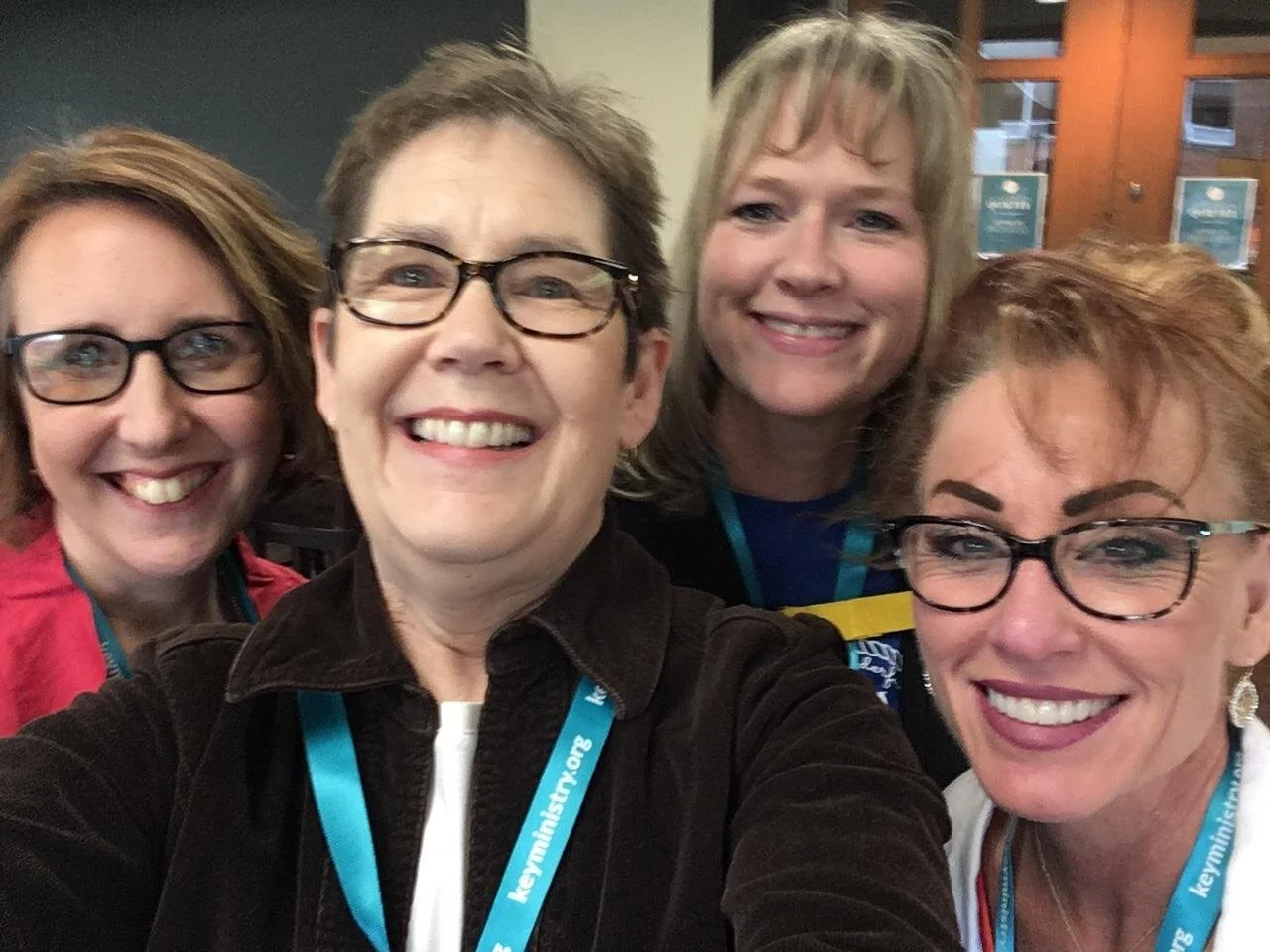Pastors and church leaders (if they haven't already begun planning) will likely initiate many discussions in the coming weeks about the impact of the coronavirus on worship services and other church activities. In areas where local health emergencies have been declared from the coronavirus, worship practices have already been modified. Catholic churches in Southern California have issued statements highlighting the changes, which include a ban on communion by cup, receiving the bread from hand to mouth, and holding and shaking hands during prayer and greetings.
I would hope that ministry to individuals and families with disabilities won't become an afterthought in the church's response to a possible pandemic. The disability community is likely to be more severely impacted than the general population by the coronavirus. Persons with intellectual and developmental disabilities will probably experience greater susceptibility to life-threatening infection from the virus associated with their higher prevalence of chronic illnesses.
One study of more than 120 children with profound intellectual disability accompanied by multiple medical disabilities reported that 12% of patients had three or more hospital admissions for respiratory illnesses in the previous five years and 25% required some form of chronic respiratory treatment. Children with cerebral palsy often have a cluster of respiratory problems such as recurrent aspiration pneumonia, chronic bronchitis and (nocturnal) respiratory insufficiency, and as many as 40% die as a result of respiratory infections. Respiratory illness is the leading cause of death in adults with intellectual disabilities. Adults with intellectual disabilities are 2-3 times more likely to develop diabetes and use of second generation antipsychotics appears to be a contributing factor to coronary heart disease.
This graph was derived from initial data on 44,000+ patients from China infected with coronavirus, describing fatality rates based upon age and the presence of concomitant medical illness:
If I were responsible for leading a church's disability ministry, some assumptions I'd make about the impact of coronavirus upon those served by my ministry and affected individuals and families outside the church would include...
They will be more likely to avoid worship services and other group activities at church because of their greater susceptibility to severe infection.
Caregiver burden will increase enormously if they are unable to attend school or work for extended periods of time resulting from closures or their own risk of infection. How will families make up for the lost income when members need to stay home with their children or siblings? Who will care for them when their caregivers get sick? I fear we'll hear of more cases like this one in China, in which a 16 year-old boy with cerebral palsy was found dead after his father (and sole caregiver) and brother were quarantined for suspected coronavirus.
Children and adults with autism will struggle greatly to adapt to the changes imposed upon their daily routines.
Access to necessary healthcare - especially medication - appears likely to become a major concern.
Quarantines (both voluntary and involuntary), school and work closures will lead to a spike in acute mental health needs while access to mental health services becomes even more difficult as a result of practitioners becoming ill or needing to care for their own families and the relative absence of telepsychiatry services.
We might look at this crisis as presenting a great opportunity to share the love of Christ with the disability community during a time of need while showing families who are already part of the church the extent to which they are cared for and valued. Here are some ideas for how churches might respond...
How might the church step up to provide meals and run errands for individuals and families unable to leave their homes because of the risk of infection?
Small groups might consider offering "relational respite" to families inside and outside of the church, following current guidance from the U.S. Centers for Disease Control (CDC).
Would this be a good time to start a Bible study or small group for families in your disability ministry that meets through videoconferencing? Or what about an online mental health support group?
Churches that have a stand-alone worship service for attendees with intellectual disabilities might consider making the service available online.
If your church offers a counseling ministry, consider making counseling available through a secure, online videoconferencing system. My practice uses Zoom, the same app we use at Key Ministry for church consults and our Disability Ministry Video Roundtable.
Make individuals and families served by your ministry aware of any benevolence funds your church makes available to attendees with short-term financial emergencies.
I'd encourage anyone leading a disability ministry who isn't already part of the Special Needs and Disability Ministry Leaders group we help to facilitate on Facebook to consider joining us. The group will provide opportunities to share ideas and support as the impact of the coronavirus unfolds. The CDC has also launched an outstanding website with up to date information and support that will be valuable to your church leadership in your planning process.
Do not be anxious about anything, but in everything by prayer and supplication with thanksgiving let your requests be made known to God. 7 And the peace of God, which surpasses all understanding, will guard your hearts and your minds in Christ Jesus.
Philippians 4:6-7 (ESV)
***********************************************************************************************************
Inclusion Fusion Live (#IFL2020) is the largest disability ministry conference in the United States. Pastors, ministry leaders, families and caregivers from throughout the U.S. and beyond will gather in Cleveland on April 24-25 to share encouragement and ideas for welcoming and serving individuals with disabilities and their families. Ministry intensives offer in-depth training on special needs ministry, mental health ministry and trauma. Choose a MINISTRY TRACK or a FAMILY TRACK to select from over 50 workshops representing ministry-focused and family-focused topics. Either ticket will give you access to all main stage presentations including our featured speakers, numerous quick takes (TED Talk-style presentations), and worship. Early bird pricing is available. To learn more or to register, click here.






